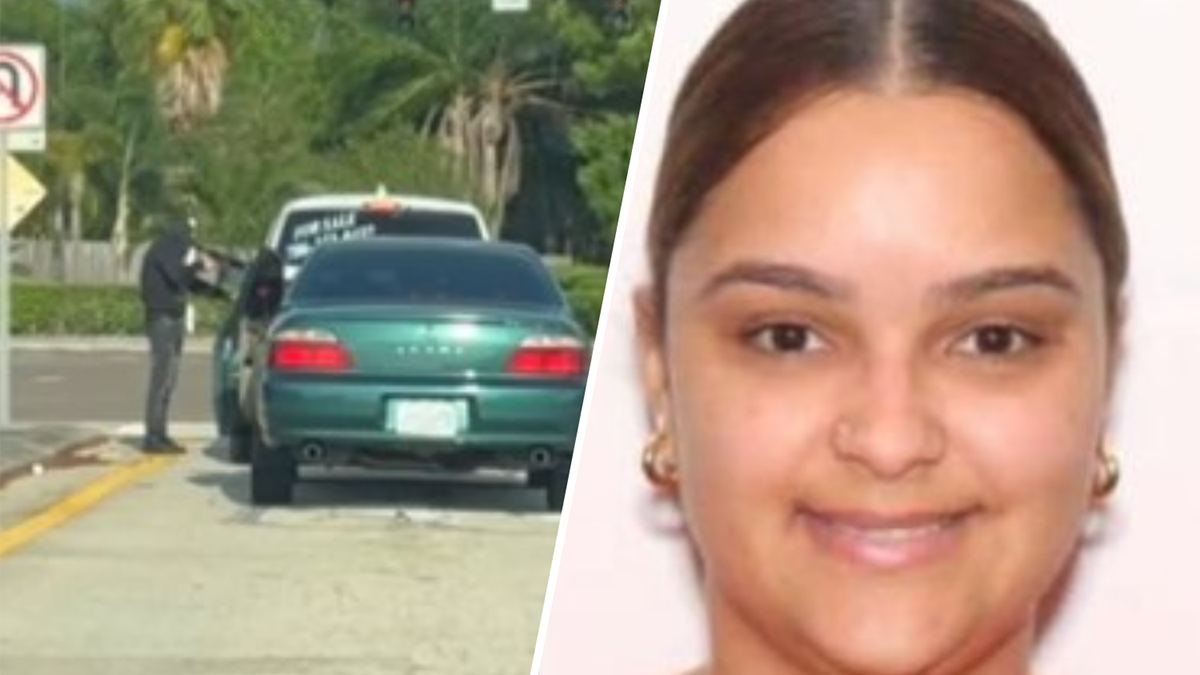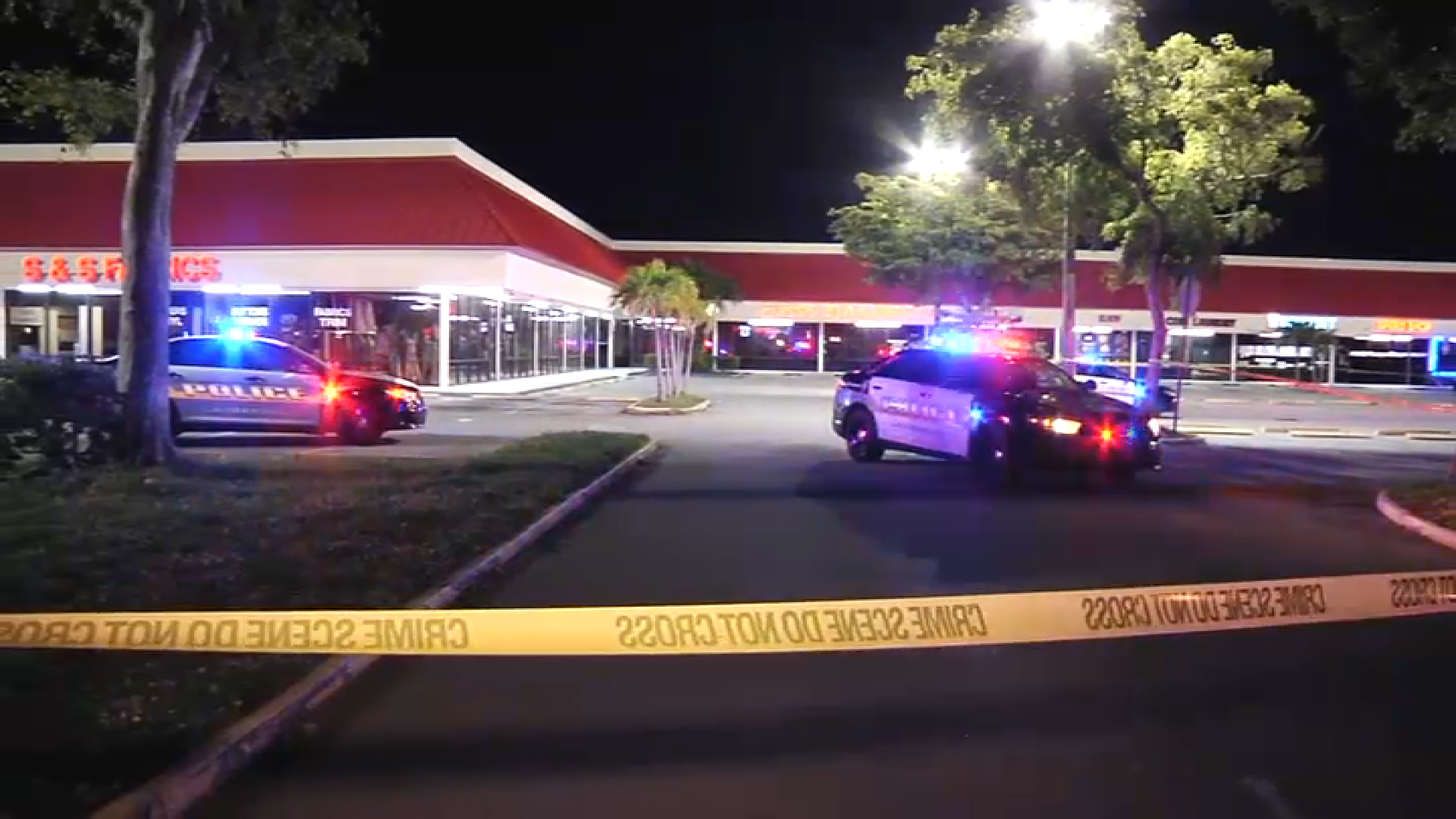Convicting a police officer for an on-duty killing hasn't happened in Florida in nearly three decades, in part because officers are given wide latitude to protect themselves from perceived danger.
That will make it difficult for Palm Beach County prosecutors as they try to convict fired Palm Beach Gardens officer Nouman Raja of manslaughter and attempted murder for the fatal shooting of legally armed black musician Corey Jones.
Raja, 38, is only the second Florida law enforcement officer to be charged criminally for an on-duty shooting since the 1980s. Last fall, Broward Sheriff's Deputy Peter Peraza was charged with manslaughter for the 2014 shooting of Jermaine McBean, a black man who it turned out was openly carrying an air rifle down a busy street that resembled a more powerful weapon.
Raja, who is of South Asian descent, posted his $250,000 bail Thursday night but Palm Beach County Sheriff's officials said he will remain in jail while his home is prepared for house arrest. He faces a possible life sentence if convicted.
Palm Beach County State Attorney Dave Aronberg and his prosecutors allege in charging documents that an audio recording shows that Raja did not identify himself before confronting Jones and opening fire. Jones, a 31-year-old drummer, was returning from a performance when his SUV broke down on an Interstate 95 off ramp in Palm Beach Gardens, a well-to-do suburb.
Jones, who also worked as a housing inspector, had a concealed weapons permit and was carrying a newly purchased handgun to protect his music equipment from theft, his family says.
He was talking to a tow truck operator on a recorded line when Raja, who was working undercover investigating a string of auto burglaries, pulled up in an unmarked cargo van with no police lights. Raja was in civilian clothes, wearing a tan T-shirt, jeans, sneakers and a baseball cap. He wasn't wearing his police vest as ordered by his sergeant, prosecutors say.
Local
The recording carries an exchange where Raja repeatedly asks variations of "You good?" to which Jones repeatedly replies that he is, the documents show. Suddenly, Raja screams at Jones to put his hands up before firing three shots. There is then a 10-second gap before three more shots are fired, apparently as Jones ran away.
Jones was struck three times, the fatal shot piercing his heart and lungs. He fell dead or dying 190 feet from his SUV, the documents say. His unfired gun was on the ground, about 75 feet from the SUV.
Immediately after the shooting, Raja used his personal cellphone to call 911. The operator answered 33 seconds after the last shot was fired, according to charging documents, and Raja yelled at someone to drop the gun to make it appear that Jones was still armed, according to the documents. Raja later told a supervisor that he saw Jones throw a weapon.
Former prosecutor Gregg Rossman, who is not involved in the case, said Raja's defense will likely focus on Jones exiting his vehicle with a gun, forcing the officer to react quickly. Raja had no way to know that Jones was a stranded motorist who was licensed to carry a gun, he said.
State and federal courts have ruled that police officers must often make split-second, life-or-death decisions and don't have time to mull over their actions.
"Officer Raja might not have done everything correctly by procedure. But as a police officer, he was confronted by what he perceived as a deadly threat. You have to look at the facts as he perceived them. If he testifies, he's going to say, 'I believed this person was a threat,'" Rossman said.
Raja's union, the Palm Beach County Police Benevolent Association, defended the officer and said it would pay his legal bills.
"Do we want law enforcement officers to hesitate before they do their jobs?" President John Kazanjian said. "I have been in gunfights. There are split-second life or death situations where the officer's perception is number one."
He said Aronberg has cleared numerous officers in shootings because they felt threatened.
Aronberg's office declined comment Thursday. Benjamin Crump, the attorney for Jones' family, said the recording shows Raja verbally bullied Jones, that he fired without justification and continued shooting as Jones ran away. Jones simply having a weapon doesn't justify him being shot, Crump said.
Jones "was a law-abiding, gun-registered American citizen," Crump said. "We hear all this stuff about Americans having the right to protect themselves based on the Second Amendment, well, doesn't that apply to Corey Jones?"



